
5 minute read
First and Ten Productions
WORDS: MARCUS MANNS
Tim Fare-Matthews is the Co-Founder and Managing Director of Dubai-based film production house, First and Ten Productions.
Advertisement
He recently joined Freddie Pullen on The Healthy Entrepreneur Club podcast, sharing his journey into film production and some of the principles that he picked up along the way.
Tim is a prolific filmmaker who has delivered hundreds of projects for global brands and celebrities, including the BBC, Vice, YouTube, Netflix, Spartan, Aston Martin, Emirates, Red Bull, Will Smith, Jay Shetty, and many others.
THE BEGINNING:
Basically, I didn’t study filmmaking. That’s quite an important aspect.
Tim first started shooting videos as a hobby, when he took up kiteboarding at 15. He would film his kiting team in a local field in Trowbridge, in Wiltshire, and quickly got hooked on editing and posting the content online. Back in 2005 to 2008, not many people were doing this, and Tim didn’t really have a strategy - he just enjoyed it.
And even though the videos were nothing like the quality he produces today, he was prolific in posting and sharing them. Within a couple of months, Tim had a sponsor and he immediately recognised the power of putting content out there. He saw how visibility would lead to more opportunities.

Tim pursued a career in motorsport and trained as an engineer. However, he soon realised that working in the industry didn’t align with his expectations, and his passion for it waned. Unsure of his next move, Tim found himself working at Tesco and contemplating his future. He was considering joining the Army and following in his father’s footsteps. It was during his lunch break that Tim received an unexpected phone call from Castle Combe racing circuit, where he had studied motorsport engineering. He was offered a media position with them and had to make a decision fast. Unable to reach anybody he called for advice, the final decision came down to a coin toss. And Castle Combe it was.
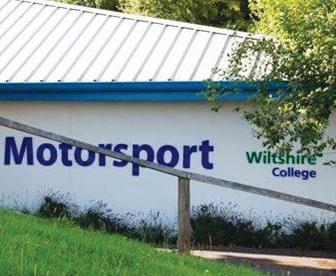


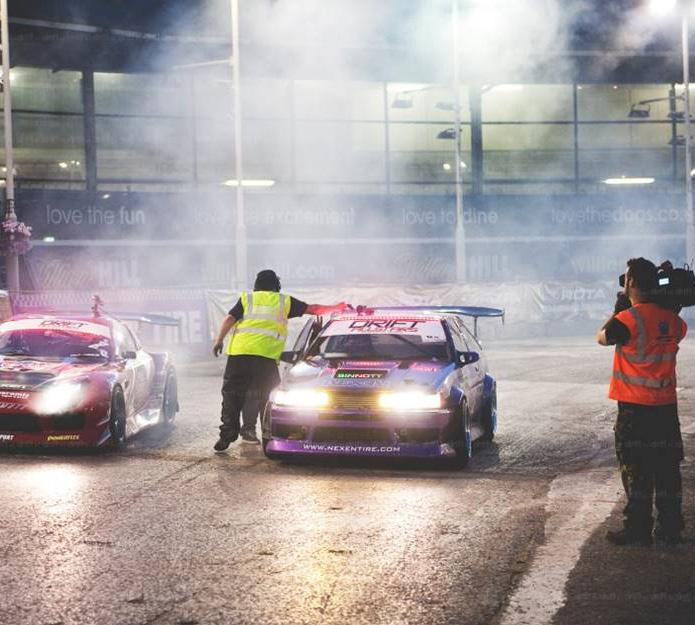
CASTLE COMBE: Can you organise a crew?
Once in the job, the circuit wanted to film events and asked Tim to organise a crew. So he volunteered to handle the filming himself. The company simply hired the equipment and Tim learned to document events at the circuit. Two or three years into this, Tim’s kiting network got back in touch. He met Peter Farrow, who became his business partner in the UK, investing in a production business covering Motorsport.

Everything stems from, (apart from the coin toss) a network.
The business gained clients through the network Tim had built working at Castle Combe. And the same network also introduced him to his business partner at First and Ten Productions, Rajeev Virani, via an Indian billionaire. Networking is without a doubt one of the biggest factors in Tim’s success. He believes that one of the smartest moves of his career has been saying ‘yes’ to more things and delivering more value - “if you put time and energy into relationships, opportunities present themselves to you.”
I didn’t hit the ground running in Dubai. I really struggled. My first year I did 30,000 Dirhams and I spent 10x that, just living here. Tim joined Rajeev in Dubai and it took time to establish their business. There were many times when the duo were filled with doubt and concern, thinking things were not going right for them. In their first year, their revenue totalled 30,000 Dhs, and Tim spent approximately ten times that on living expenses. In the second year, revenue grew to 130,000 Dhs, which wasn’t enough to break even. And by their third year, revenue had grown to 1.3 million Dhs - again, by investing in the network.
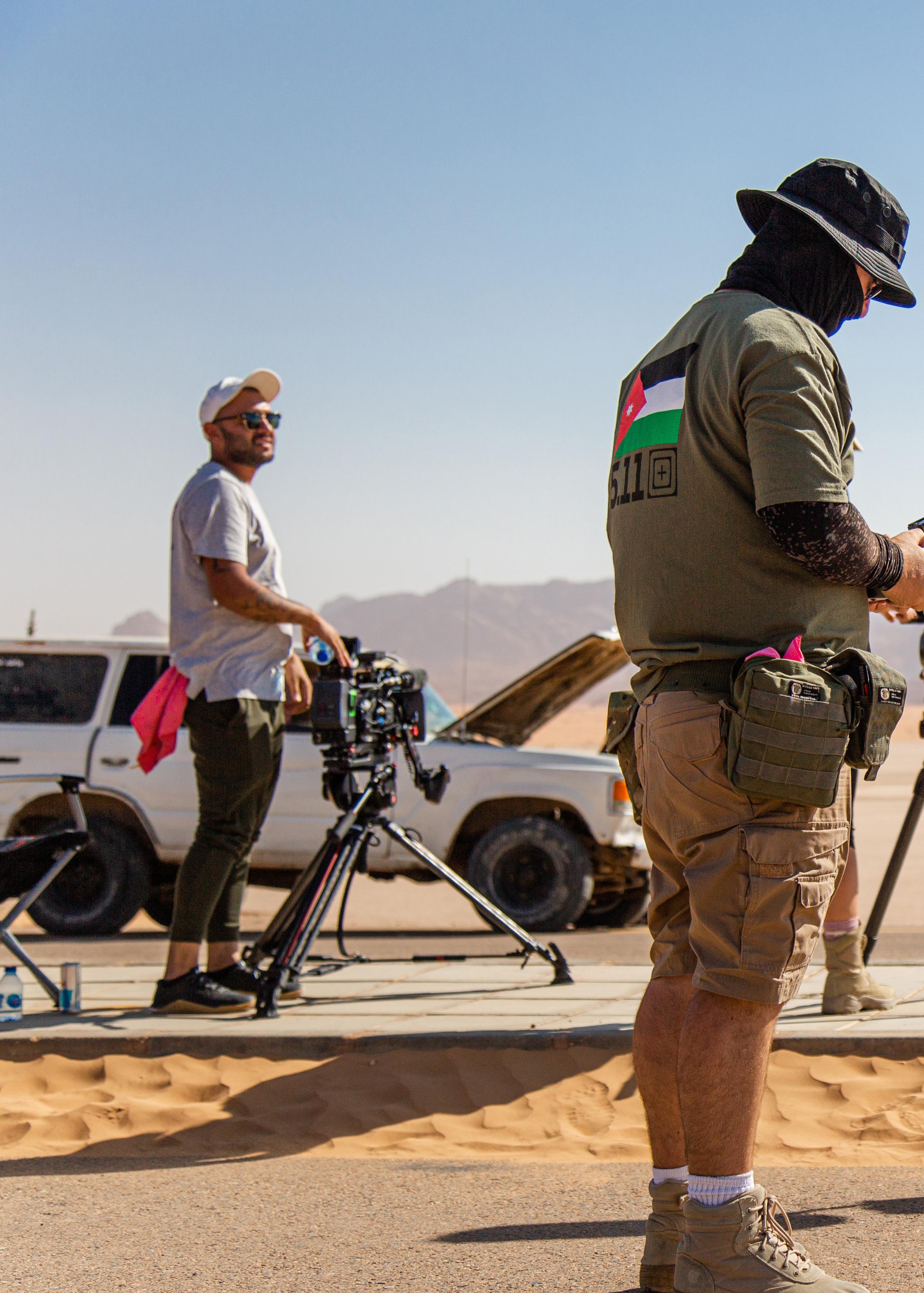
Tim credits some of the company’s biggest job wins to these networking efforts, and to over-delivering wherever possible. Rajeev maintained strong connections from his filmmaking days in Los Angeles. He put the time and energy into keeping in touch, and purely by keeping front of mind with some people, a former colleague made contact. They had a project happening in the Middle East and didn’t know many people in the UAE. They needed to lean on someone reliable, and Rajeev was someone they knew and trusted.
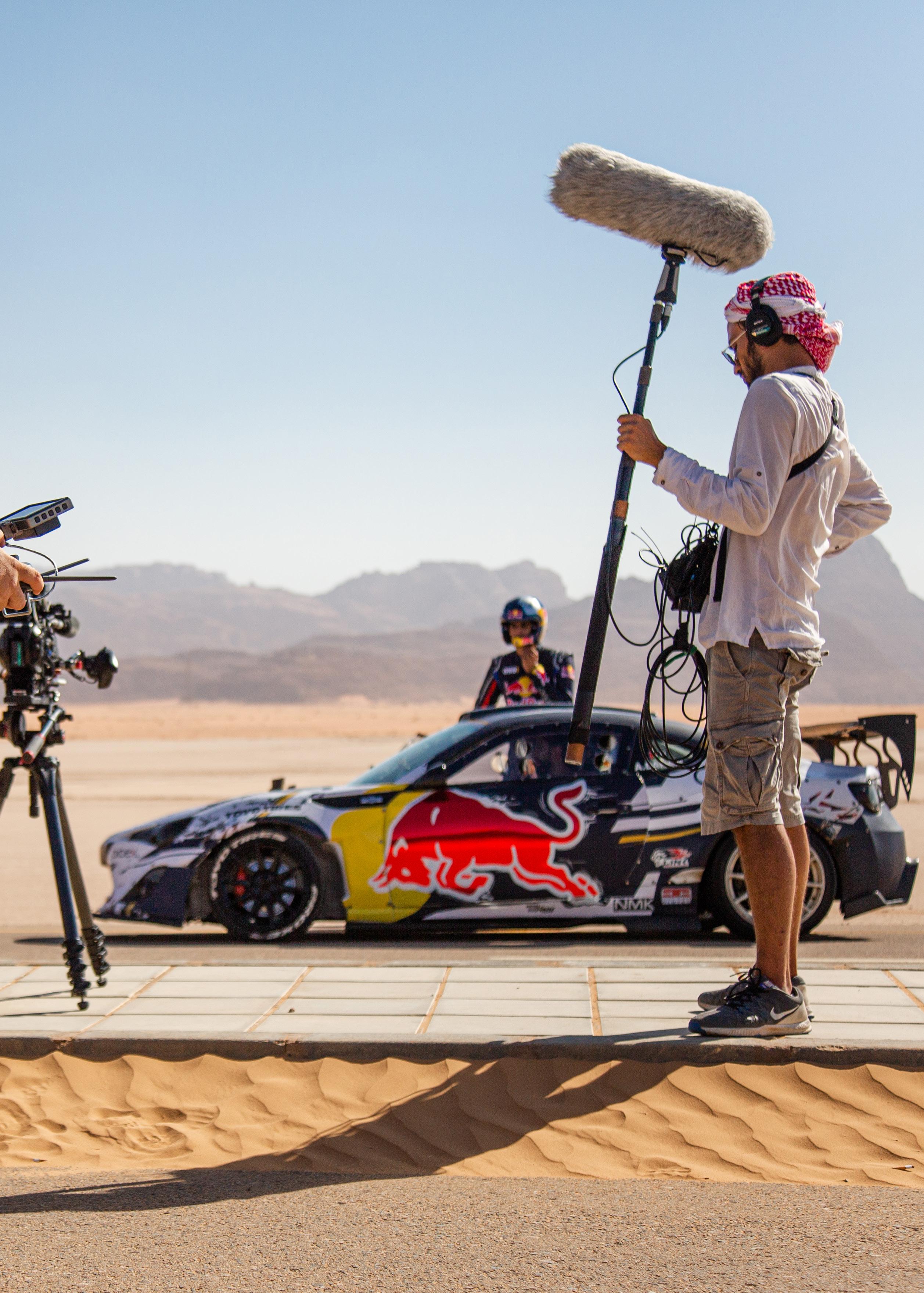
A project with Will Smith landed in our lap and over-delivered... When you over-deliver, people come back.
Tim thoroughly enjoyed working with Will Smith on a few occasions, as well as his production house, Westbrook, and his producers. The videos were part of Will Smith’s Bucket List on Facebook Watch, and Tim had a hand in producing 3 of the 6 episodes: filming Will skydiving in Dubai, taking part in a Bollywood movie, and driving a Formula 1 car at the Abu Dhabi Grand Prix.
FREDDIE:
What are the biggest challenges you’ve faced in business this year?
Around 2 years on from Covid, Tim notices that every business seems to have downsized by some measure. He thinks they have all re-evaluated what they were doing and how they work. His own business is leaner than previously and the biggest challenge now is balancing demand with resources. Whilst he hopes to see businesses picking up momentum again, he sees challenges ahead in maintaining a top-quality product as the staff grows - and also keeping the headcount as lean as possible. The production business is seasonal, being very busy at certain times and quite quiet during the summer. That makes managing resources harder, as the team has to scale up and down while keeping quality high.
ON DELEGATION:
Delegation is really essential in a business with 60+ days of filming to fit into a 30-day month. You’ve got to send people out on their own and Tim believes clear briefing is important. He also ensures there is a feedback loop between the client, other suppliers, and the team. Even when things go well, that communication loop can help the team improve next time around.
The welfare of his crew is always a consideration. And again, good communication is key. With multiple projects running concurrently, some early starts and late finishes, the workload can be challenging and the conditions difficult at times. It comes down to making sure everyone is okay, and problem-solving in advance.
“What’s Plan B? Because at the end of the day, the client’s not going to care about your internal issues.”
Communication needs to happen constantly, in every direction. Tim is fully aware that people make mistakes and some things can’t be done. That’s fine when communication is good, because a situation can be managed. If someone is struggling or has a problem, they need to communicate well with management. And if there’s time to react and put Plan B in place, everybody wins. Problems tend to arise when communication is lacking.
ON MOTIVATION:
“I
Tim is mindful of the luxury he has - in the sense of doing what he loves, but also in coming from the UK. He can think of nothing worse than spending his time in a role that isn’t working towards something bigger and better. But having seen so many people living in poverty while filming the Mumbai Marathon, he also knows what a luxury that is.
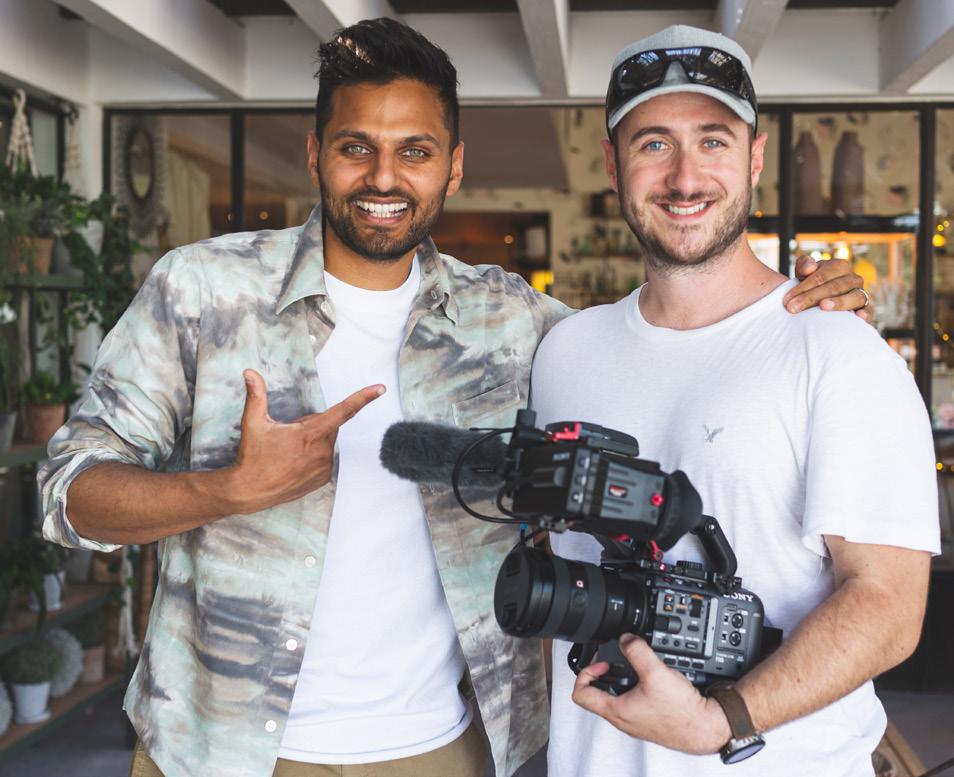
He reflects on the safety blanket he had in England. With family, the NHS, and family savings, he could always pick up the phone and call on people if something went completely wrong. And he sees that safety net as more of a reason to dive into the unknown. For Tim, nothing could be worse than the regret that would come with working for decades in a job he didn’t enjoy.
POINT & SHOOT:
Tim Fares - Mathews Partner and Managing Director First and Ten Productions

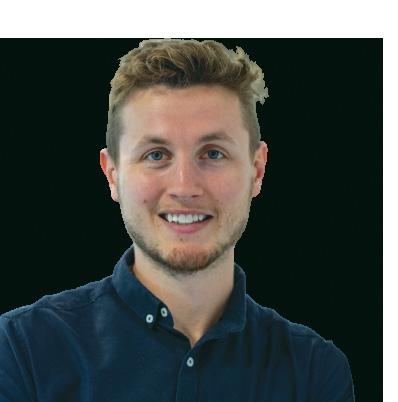
Freddie Pullen Co-Founder Studio Nu and The Healthy Entrepreneur Club











